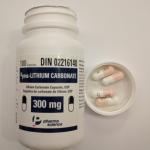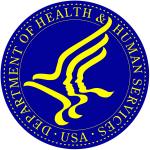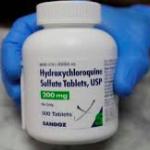There are several coronavirus vaccines that are currently in Phase 3 clinical trials. For vaccines, this final experimental stage requires tens of thousands of people in order to properly assess efficacy and safety.
Drugs & Pharmaceuticals
Several months ago, we were about to cover an important story out of San Francisco. However, the coronavirus pandemic hit, and we've been focused almost exclusively on it since then.
Lithium is quite an element.
If you are one of those who believe that the FDA is purely guided by science and that politics never has influenced its decisions or its very structure, you and I live on different planets. By way of background, I recommend some reading
Dr. Katherine Seley-Radtke, a professor of chemistry and biochemistry at the University of Maryland, Baltimore County is an expert in antiviral drug discovery, and a member of the ACSH Scientific Advisory Board. Dr.
The coronavirus pandemic is clearly an acute and immediate pubic health crisis. Within the space of just a few months, almost 20 million people have had documented infections and over 700,00 have perished globally.
Back in 2015, the Harvard group published an extensive study on the effects of Medicare’s punitive non-payment system for hospital-acquired infections.
I've written previously about the new generation of pharmaceuticals. No longer small compounds, medications are increasingly biologicals, with greater precision, efficacy, and expense.
A paper came out in Nature on July 22 that further underscores earlier studies that show that neither the malaria drug hydroxychloroquine nor chloroquine prevents SARS-CoV-2 – the virus












